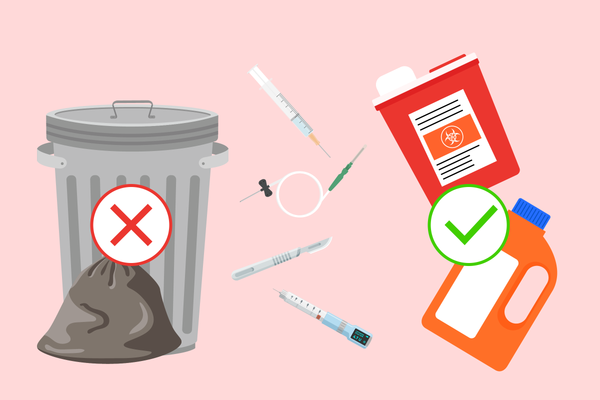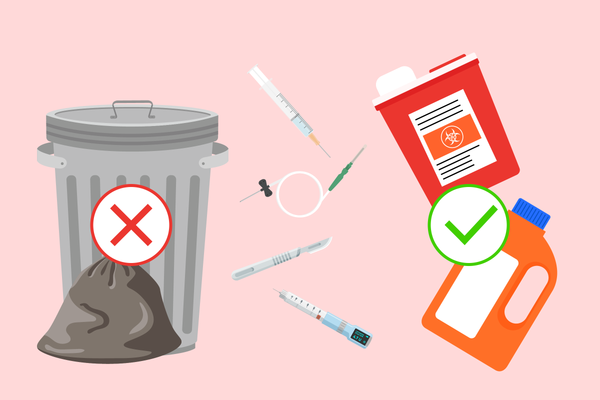Medicine cabinets tend to be unceremonious dumping grounds for old, unused and long-forgotten makeup and medication. What's more, you may be putting your health at risk by keeping and using expired beauty products and medicines.
When should you chuck those old facial cleansers and moisturizers, cracked eye shadow palettes and expired over-the-counter allergy and prescription medicines? Below are some guidelines to follow when it comes to cleaning out your medicine cabinet:
When to Discard Makeup*
Expiration dates for common makeup products are:
Cream cleanser: 1 year
Cream/moisturizer: 1 year
Foundation: 1 year
Gel cleanser: 1 year
Lipstick: 1-2 years
Mascara: 3-4 months
Powder: 2 years
Shadows: 2 years
Always throw out anything that has: leaked, separated, dried out, caked up or had a change in odor, color or consistency.
According to the Food and Drug Administration the marked shelf life for cosmetics can vary depending on when a product was opened and how it was stored (exposure to heat, light, moisture, etc.). When in doubt, it's always best to throw it out.
Every time you start using a new cosmetic or beauty product, mark and date labels using a thin black waterproof marker or affix waterproof stickers (one color for each month) to easily identify when products were opened.
When to Discard Medicines
Simply put, medicines should be discarded as soon as they reach their expiration dates.
Go through your medicine cabinet every couple of months to check on medication expiration dates. Also get in the habit of checking medicine expiration dates before you use them, especially if it's a product you haven't used in a while. Dispose of the item if the expiration date has passed.
How should you discard medicines? That depends. The FDA makes the following suggestions:
• Follow the disposal instructions on the medicine bottle.
• Go online and research drug take-back programs in your area.
• Follow federal guidelines for disposing of medicines in household trash.
It's wise to do your own research first before disposing of any medication, because local laws can vary from state to state and area to area. Check this FDA link for more information.
* Note: Adapted from Bobbi Brown Beauty, Harper Perennial 1997.
Rashelle Isip is an organizing, time management and productivity consultant and blogger. She is founder of The Order Expert, a site featuring practical and creative organizing, time management, productivity tips, inspiration and much more. For more information on Rashelle, visit: www.theorderexpert.com.







